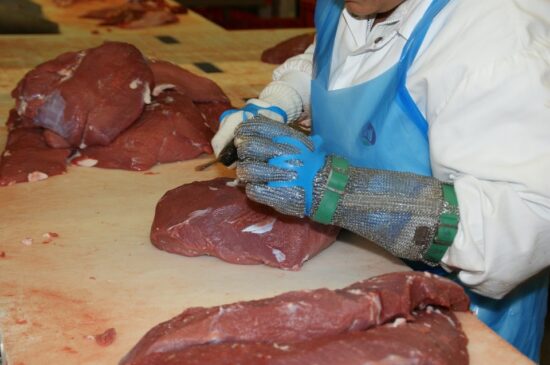Surveillance of antimicrobial resistance (AMR) in E. coli on beef and pork meat on retail sale in the UK (October to December 2021)
Surveys to monitor the presence of AMR bacteria in foods of animal origin is a requirement of the European Directive 2003/99/EC and the commission implementing decision 2013/652/EU on the monitoring and reporting of antimicrobial resistance (AMR) in zoonotic and commensal bacteria.
Antibiotic resistance (AMR) in microorganisms is a growing problem. While it is a natural process, the extensive use of antimicrobials in humans and animals has been a significant driving force in its development. Antimicrobials are used in the livestock industry to prevent and control bacterial disease. The use of subtherapeutic levels of antibiotics in animal feed (as growth promotors) since the 1950’s has caused an expansion of the pool of AMR bacteria. In 2006 the use of these was banned in the EU, and also in the UK.
AMR NEWS
Your Biweekly Source for Global AMR Insights!
Stay informed with the essential newsletter that brings together all the latest One Health news on antimicrobial resistance. Delivered straight to your inbox every two weeks, AMR NEWS provides a curated selection of international insights, key publications, and the latest updates in the fight against AMR.
Don’t miss out on staying ahead in the global AMR movement—subscribe now!







